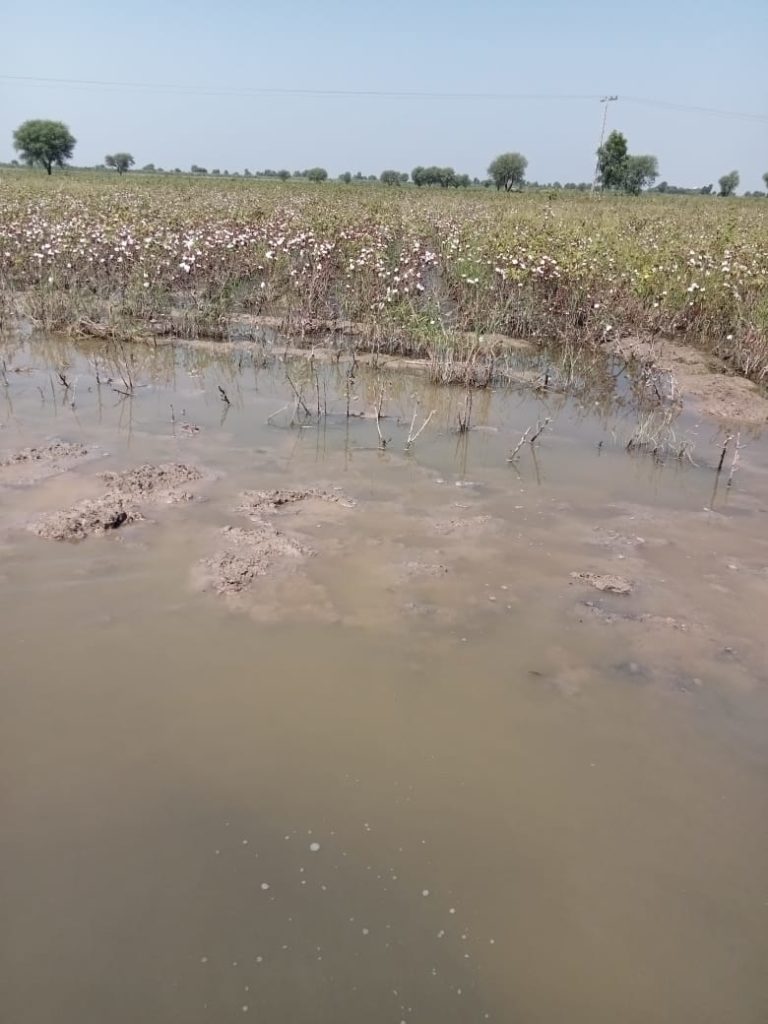Pakistan witnessed one of the worst flooding events in its history. As of the end of August, 33 million people were affected and two million acres of crops were damaged, of which over 75 percent are in the Sindh Province. As devastating as they were, such weather events have been increasing in frequency as well as intensity for years, as is evidenced in the frequency of excess or unseasonal rains, prolonged and earlier heatwaves, and other climate change effects we have seen in Pakistan in recent years.
Over the last two years, Pula Advisors, a Swiss insurtech company, has been working with the Pakistan Agricultural Coalition and other partners to upgrade crop insurance programs in Pakistan. Agricultural loss estimates for the current floods are in the hundreds of millions of USD and possibly exceed $30 billion although accurate and authentic estimates are still being worked at with the support of international development partners and the government of Pakistan. A proper insurance solution will help the government of Sindh to mitigate such losses.
Last week, Pula met with officials from the Sindh provincial government, including Secretary of Investment, Dr. Mansoor Abbas Rizvi, Sindh Enterprise Development Fund CEO, Mr. Khizar Pervaiz, and the Director of Major Crop Development in the Department of Agriculture, Mr. Zamir Ali Surhio, and other associates to propose disaster risk insurance which could insure all areas of the province where wheat farming is still possible for the upcoming Rabi season.
The insurance would cover 12,500 farmers this year, and over the next three seasons, extend to 120,000 farmers across Sindh with Area Yield Index Insurance, an outcomes-based index insurance product that is insuring smallholder farmers across the African continent to protect them from climate perils. The insurance will be embedded in the People’s Hari Card Scheme or through the Crop Loan Insurance Scheme so that farmers are insured automatically. If another calamity were to hit the area through floods, excess rains, or even drought during the farming seasons, then farmers would receive insurance payouts directly into their bank accounts.

Pula stated the importance of bringing transparency into this important development to the general public. “It is high time the government moves away from frantic disaster relief to more sustained institutional interventions in disaster preparedness. Government should devise a strategy directly linked to the losses incurred by these climate events that devastate farming, livestock, housing and livelihoods”.


